Mangalore, April 7: An 11-year-old boy from Puttur has completed memorizing Qur'an in just eight months, much to the delight of his parents and the Ustad.
Abdunnasir, joined the newly set up Jalaluddin Maula Bukhari Hifzul Qur'an College last June and through sheer determination and hard work has outclassed his 10 other classmates.
“We have a special method of teaching memorizing skills. But this boy stood out from the rest because of his application and dedication,” says Hafiz Aslam, the Ustad at the college, which has its premises on the Zeenath Baksh Jumma Masjid in Bunder.
11-year-old Abdunnasir is the second of the four children of Ahmed and Maimuna, a couple living in Salmara in Puttur. He has a elder sister who is studying in eighth standard in Salmara school. He has two younger brothers who are nine and four years old.
Ahmed has been working as a Mu'allim at the Madrasa in Syed Male Jumma Masjid in Salmara for the past 14 years. When asked about what inspired him to put his children in the Hifzul Qur'an college, Mr. Ahmed says: “I can't tell you why. It is just for the Mohabbat (love) I have towards Qur'an.” Ashraf is a man of few words and would not like to get into more details about the talent of the boy. “Just pray for him,” he says.
On the other hand, Ustad Aslam is happy that his student has been able to draw the attention of the general public towards the Hifzul Qur'an college.
“Abdunnasir joined us after completing his sixth standard in his hometown. In all we have 11 children studying in our college. We make sure that all children focus on the memorizing tasks without getting distracted by games and fun. Probably, Abdunnasir was more studious than the rest,” he says.
Abdunnasir's feat, however, has not taken Ustad Alam by surprise. “He may have been good at memorizing that his classmates here. But in Calicut Darul Qur'an school, where I used to teach earlier, we have children who have accomplished the task in less than five months. We follow a unique method of teaching to enable them to memorize the surah's,” he says.
About the other students, he said, they are all doing good. “Some have completed 20 parts (Juz) and few others have competed 13 to 14 parts,” he says.
Mangalore Khazi Al-haj Twaqa Ahmed Musliyar and chairman of Zeenath Baksh Jumma Masjid Y. Abdulla Kunhi on Thursday felicitated the boy on his rare achievement.
Haji S.M. Rashid, trustees Haji Syed Ahmed Basha Thangal, Haji Mohammed Haneef, teacher Hafiz Mohammed Aslam, among others, were present.
The college will admit new students for the next academic year which starts in May. The interested can apply by the end of April, Haji S.M. Rashid said in a press release.
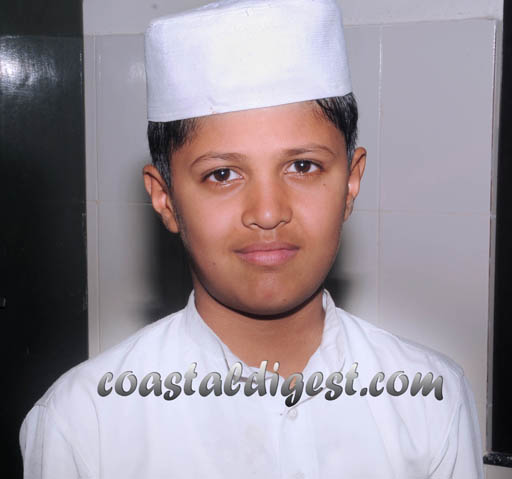
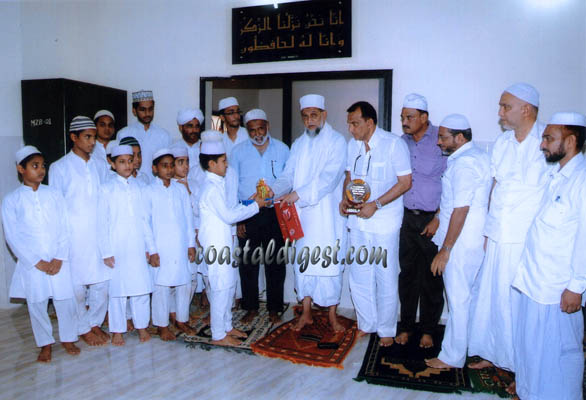
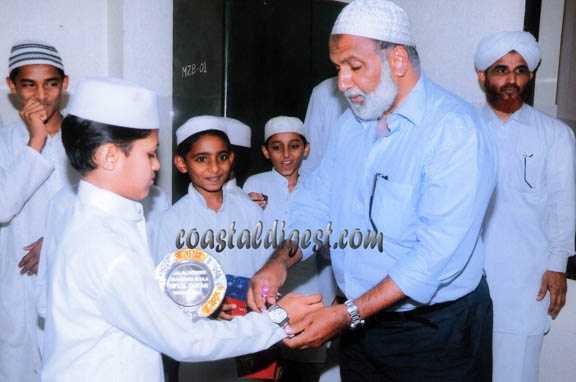
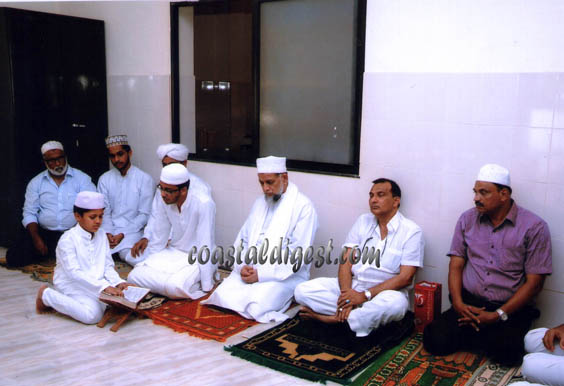
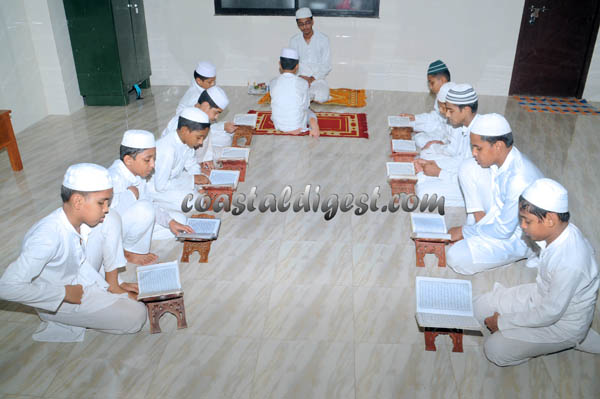
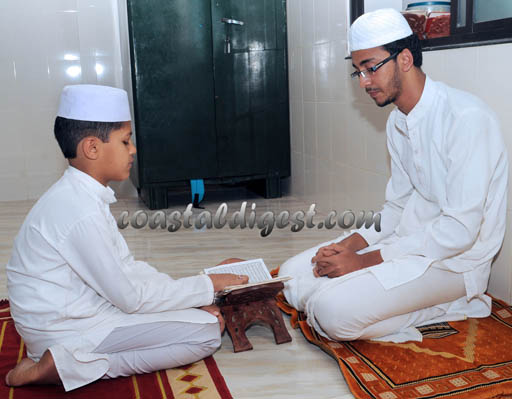
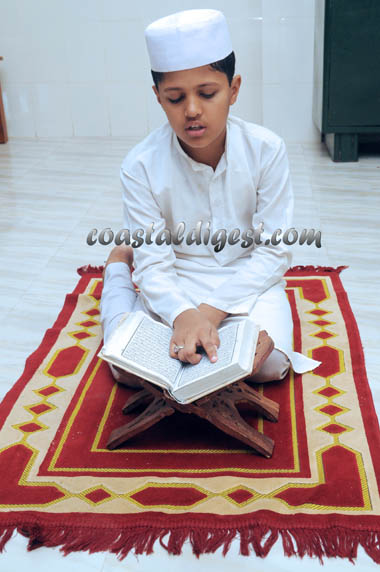
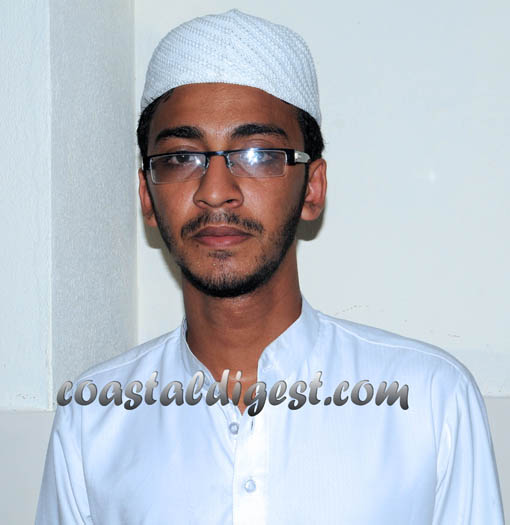






Comments
mashaallah gerett
Add new comment